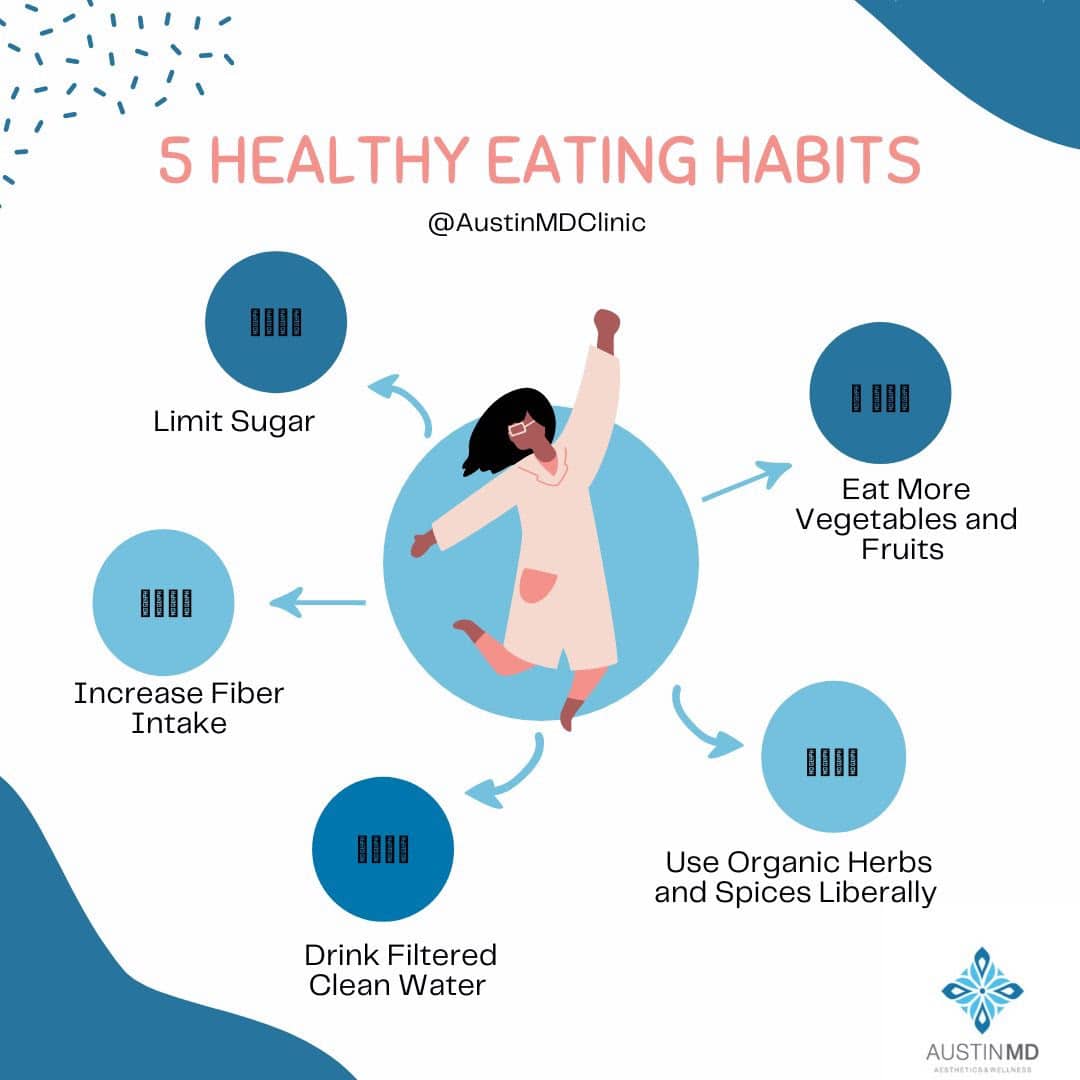
Introduction:
Pregnancy is a transformative journey, and a healthy diet is crucial to support both the mother and the developing baby. In this article, we will explore essential tips for maintaining a nutritious and balanced pregnancy diet.
Nutrient-Rich Foods for Fetal Development:
A healthy pregnancy diet begins with a focus on nutrient-rich foods. Incorporate a variety of fruits, vegetables, whole grains, lean proteins, and dairy products to ensure a well-rounded intake of essential vitamins and minerals. This foundation supports optimal fetal development and overall maternal well-being.
Adequate Folate Intake:
Folate, or vitamin B9, is vital for preventing neural tube defects in the developing fetus. Leafy greens, legumes, citrus fruits, and fortified cereals are excellent sources of folate. Ensuring adequate folate intake early in pregnancy is crucial for the baby’s neural tube formation.
Calcium for Bone Development:
Calcium is essential for the baby’s bone development and maintaining the mother’s bone health. Dairy products, leafy greens, and fortified plant-based milk are rich sources of calcium. Including these foods in the diet supports both the baby’s skeletal growth and the mother’s bone health.
Iron-Rich Choices to Prevent Anemia:
Iron is critical for preventing anemia during pregnancy. Incorporate iron-rich foods such as lean meats, legumes, and dark leafy greens. Adequate iron intake supports the increased blood volume required during pregnancy and prevents complications related to iron deficiency.
Protein for Tissue Growth:
Protein is a fundamental building block for tissue growth, and during pregnancy, there is an increased demand for it. Include lean meats, poultry, fish, eggs, and plant-based protein sources like beans and tofu in your diet to support the baby’s development and maternal tissue growth.
Hydration Importance:
Staying well-hydrated is crucial during pregnancy. Water plays a key role in transporting nutrients to the baby and maintaining amniotic fluid levels. Aim for at least eight glasses of water per day, and consider incorporating hydrating foods like watermelon and cucumber into your diet.
Healthy Fats for Brain Development:
Omega-3 fatty acids, particularly DHA, are essential for the baby’s brain and eye development. Include fatty fish, chia seeds, and walnuts in your diet to ensure an adequate intake of these crucial fats. If needed, consider omega-3 supplements after consulting with your healthcare provider.
Moderating Caffeine and Avoiding Harmful Substances:
While moderate caffeine intake is generally considered safe during pregnancy, excessive amounts should be avoided. Additionally, steer clear of alcohol and tobacco, as these substances can pose significant risks to the developing baby. Consult with your healthcare provider for personalized guidance.
Balancing Blood Sugar Levels:
Maintaining stable blood sugar levels is important during pregnancy to prevent gestational diabetes and support overall maternal health. Choose complex carbohydrates, such as whole grains and legumes, and pair them with lean proteins and healthy fats for balanced meals.
Consulting with Healthcare Providers:
Every pregnancy is unique, and individual nutritional needs may vary. Regular prenatal check-ups and consultations with healthcare providers, including registered dietitians, are essential. They can provide personalized advice based on specific health conditions and nutritional requirements.
Conclusion:
A healthy pregnancy diet is a cornerstone of a successful and thriving pregnancy. By focusing on nutrient-rich foods, staying hydrated, and avoiding harmful substances, expectant mothers can support the well-being of both themselves and their growing babies. For more detailed tips on maintaining a healthy pregnancy diet, you can explore additional resources here.




